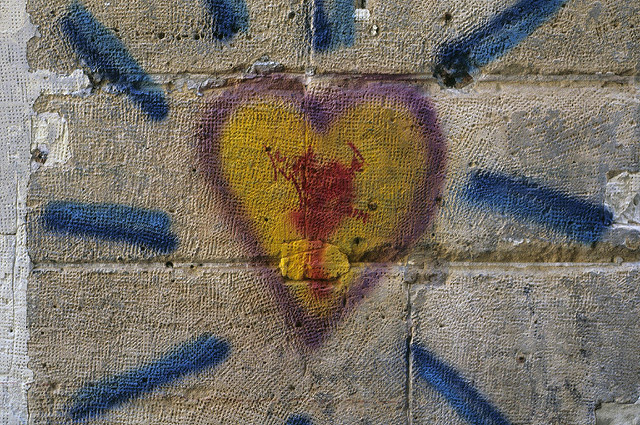“What would you do with more courage?”
This phrase, in the preface of Shelly Francis’s book, captured me. It immediately brought to mind what I would do: Instead of trying to control a challenging situation I would trust my intuition. I would be willing to make the wrong move. I would draw more frequently on the support of those around me. What’s your answer?
I find Francis’s driving question to be important and timely. These days, leading has never been scarier. The landscape “out there” is changing more quickly than ever, the future can’t be predicted by studying the past, and people are less and less trusting of institutions and their leaders. As a result, the landscape “in here” – our inner state — is taking a beating. The leaders with whom I work report feeling exhausted, fearful, isolated, and discouraged. And these emotions can get expressed in less-than-productive ways like aggression (fight), withdrawal and avoidance of hard conversations (flight), indecision (freeze), and “us versus them” rhetoric (flock).
How does one avoid leading through impulse and self-protection? Courageous Leadership suggests specific, self-directed practices that help leaders find the courage to act with integrity, inquire with genuine curiosity, and discern truths in the face of paradox and ambiguity.
One of the most useful categories of practice describes Courageous Leadership is reflective practices that help us navigate risk and make wise choices. The book suggests that in addition to analytical tools, we can examine decisions through multiple lenses by asking questions like:
* What is the unnamed fear or the elephant in the room I am not acknowledging?
* If I was being more vulnerable and asking for help, who would I seek out?
* Can the ideas I’ve been treating as incompatible live together in the same solution?
* Am I in fight, flight, freeze or flock mode? If so, how can I be fully present with this decision?
Sometimes probing and sitting with the really difficult questions is the greatest act of courage. Sometimes inquiring not only into the facts of the matter but also into the heart of it is a truly courageous act of leadership. As Vaclav Havel wrote: “The salvation of this human world lies nowhere else than in the human heart, in the human power to reflect, in human modesty, and in human responsibility.”
I shared my answer at the outset of this blog. So once again I’ll ask: What’s yours? What would you do with more courage?
Photo Credit: goandgo

Very insightful article.